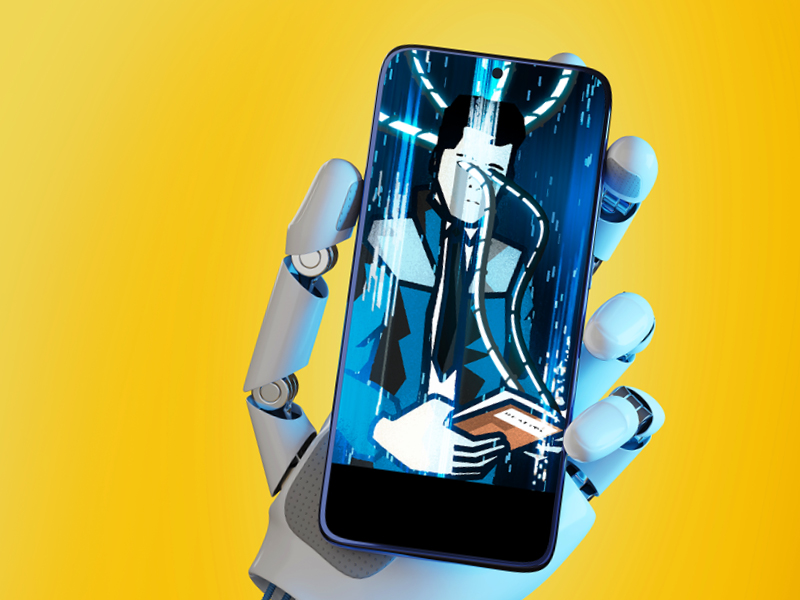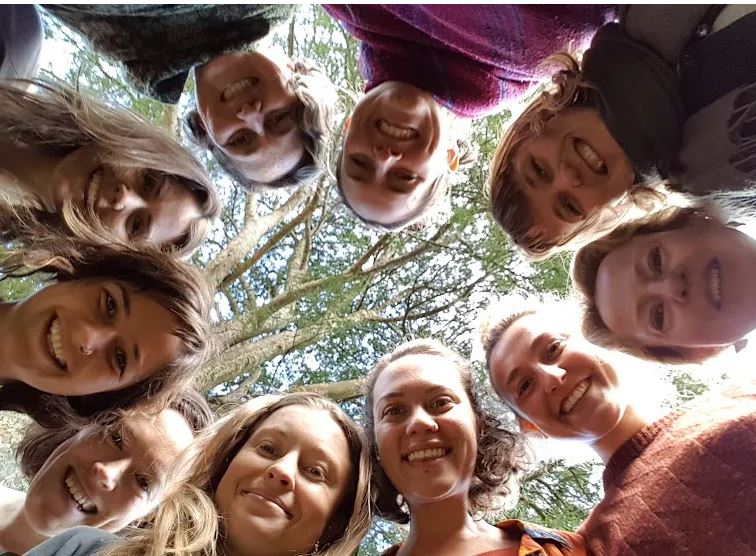
ChatGPT was already known to be able to generate functioning software at lightning speed
A couple of editions ago I wrote about ChaGPT, the breakthrough AI development and its impact. Due to the rapid further developments of this technology just in the last couple of months, I will return to it again once more.
The speed of evolution of ChatGPT and similar systems is astounding. ChatGPT was already known to be able to generate functioning software at lightning speed. I tried it myself by asking it to write me a statistics function in the R statistics package, which saved me perhaps a couple of hours of work. ChatGPT has now been given the ability to read and improve its own code. Further, it has been connected to a well known mathematics package, Wolfram Alpha, and can now trigger that system to compute solutions to complex problems which feed back into its own repertoire of ‘knowledge’. In other words, not only can ChatGPT deliver complex texts based on the recombination of already existing ideas, but it can also now generate new knowledge rapidly using computation. AI has now reached the ability to generate novelty. And that is a significant game changer.
Further, implementations of ChatGPT exist where the system continuously triggers itself to generate rapidly new iterations and permutations of ideas. The speed at which this happens is phenomenal, given the computing power available. And hardware manufacturers such as Nvidia, known for making ultra-fast specialised Bitcoin mining computers, are rapidly rolling out specialised AI computing systems to feed the hunger for computing power that AI can now put to use. The combination of ChatGPT’s capabilities with rapid technological developments in other areas will accelerate the dynamics of many developments and it seems that 2023 may be the year when the so-called ‘Singularity’ that technology visionary Ray Kurzweil wrote about in 2005 could be reached. The implications for civilisation are staggering and possibly not yet widely appreciated.
One of the most obvious risks of ChatGPT for civilisation is its potential to make many jobs obsolete. In capitalist and highly competitive societies, labour productivity is key to survival and growth of the fittest companies. And even the state sector, tasked to save taxpayers’ money, won’t be exempt. Businesses which learn to use ChatGPT to their advantage, or are newly founded based on the potential of AI, will outcompete those which don’t. This will undoubtedly lead to lay-offs in the white-collar workforce. Some estimates say that 50% of current jobs could be at risk. Needless to say, this would collapse entire economies if it was to eventuate. Further, the technology devalues expertise. If you can get an expert answer within seconds from an AI system yourself, why employ an expert? The follow on from this is a potential devaluation of education to become an expert. Who would invest years of their life and six-digit amounts of money in higher education, when at the end of all this an AI system could do the job you might have been aiming for, exponentially faster and perhaps better than yourself? How will we value genuine human ingenuity, capability and expertise, if these qualities are surmounted with ease by an AI in most cases?
Sadly, not only white-collar jobs are on the line; already creative arts are significantly affected. ChatGPT and similar systems can on command compose music in popular styles including song lyrics and even generate a complete soundtrack. And its ability to generate visual compositions that could be passed on as human generated art is already well-known. Recently a German photographer won a competition with an AI generated emotional ‘photo’ of two women. He was open about his use of the technology and still, his ChatGPT generated image was selected as the winning shot in a prestigious photography competition.
More sinister is the use of this technology in the competition for control of our planet, in other words, for the suppression of people and the conquering of resources and territory, in other words – war. All technological advances have immediate implications for people suppression and war technology. Surveillance and spy technology is a point in case, and so is the possibly war-deciding use of drones witnessed in Ukraine. AI technology is undoubtedly already being rapidly utilised for these ends.
As a consequence of all this, human input may become devalued across a wide range of sectors of society. AI-generated images, videos and audio (highly realistic but fake), using the faces and voices of real people, will increasingly generate an environment where trust in what is real and what is not becomes eroded. The social implications of this technology are yet to be explored. But this is not a matter that will impact society over decades, like previous technological revolutions; the pace at which AI technology suddenly will impact civilisation is stepping ahead in a matter of months. Some high-tech gurus such as Elon Musk have pleaded for a six-month moratorium on the development of this technology in order to assess its implications. But I am not holding my breath for that to happen. The genie is out of the bottle. And nobody will be able to put it back where it came from.
-Words by Thomas Everth
-Artwork by Nga Marsters






